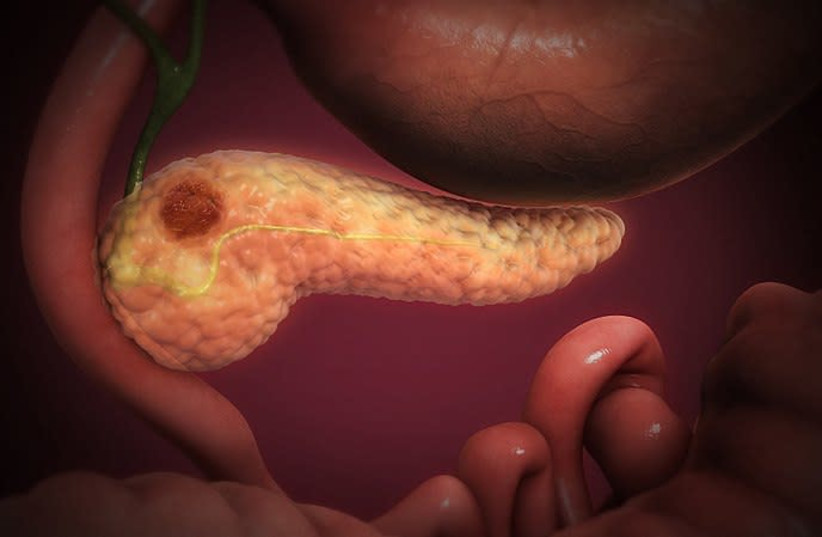Groundbreaking research out of Tel Aviv University is able to predict both a patient's type of cancer and their survival probability based on silent mutations in cancer genomes – a proof of concept that will likely save lives in the future.
Silent mutations are defined as those that don't change the sequence of amino acids in proteins. According to TAU, in recent years it has been shown they can affect gene expression both in and out of the cell's genetic coding region and may be connected to the development and spread of cancer cells. However, the question of whether silent mutations can help identify cancer types or predict patients' chances of survival has never before been investigated with quantitative tools.
In the new study, which looked at about three million mutations from cancer genomes of 9,915 patients, the researchers attempted to identify the type of cancer and predict survival probability 10 years after the initial diagnosis on the basis of silent mutations alone. They discovered that the predictive power of silent mutations is often similar to that of 'ordinary', non-silent ones.
In addition, they discovered that by combining information from silent and non-silent mutations classification could be improved for 68% of the cancer types, and best survival estimations could be obtained up to nine years after diagnosis. In some types of cancer, classification was improved by up to 17%, while prognosis was improved by up to 5%.
To test their hypothesis and quantify the effect of the silent mutations, researchers used public genetic information about cancer genomes from the National Institute of Health in Bethesda, Maryland. Analyzing the data with machine learning techniques, they obtained predictions of the type of cancer and prognoses for patients' survival based on silent mutations, and then they compared their results with real data from the database.
The results of the study, led by TAU's Biomedical Engineering Department and the Zimin Institute for Engineering Solutions Advancing Better Lives, were published in NPJ Genomic Medicine. Implications of the study will be used in various areas of oncological research.

Prof. Tamir Tuller, who led the study, noted that genetic material of cells holds two types of information: the sequence of amino acids to be produced, as well as when and how much of each protein to produce – namely, regulation of the production process.
"Even if they don’t change the structure of the protein, silent mutations can influence the process of protein production (gene expression), which is just as important," Tuller said. "If a cell produces much smaller quantities of a certain protein – it's almost as though the protein has been eliminated altogether.
Another important aspect, which can also be affected by silent mutations, is the protein's 3D folding, which impacts its functions," he said. "Proteins are long molecules usually consisting of many hundreds of amino acids, and their folding process begins when they are produced in the ribosome. Folding can be affected by the rate at which the protein is produced, which may in turn be affected by silent mutations.
"Also, in some cases, silent mutations can impact a process called splicing, in which pieces of the genetic material are cut and rearranged to create the final sequence in the protein," Tuller said. "In short, it appears that silent mutations can actually make a lot of noise, and in this study, we were able to quantify their impact for the first time."
The professor explained that our genome, like the genome of all other living things, contains mutations that can change the sequence of amino acids in the coded proteins. "Since these proteins are responsible for the various cell mechanisms, such mutations are involved in turning healthy cells into cancer cells. Other mutations, which don't affect the amino acids, have been called 'silent' and ignored for many years.
"In our study, about 10,000 cancer genomes of every type were analyzed, demonstrating for the first time that silent mutations do have diagnostic value for identifying the type of cancer, as well as prognostic value for predicting how long the patient is likely to survive."
